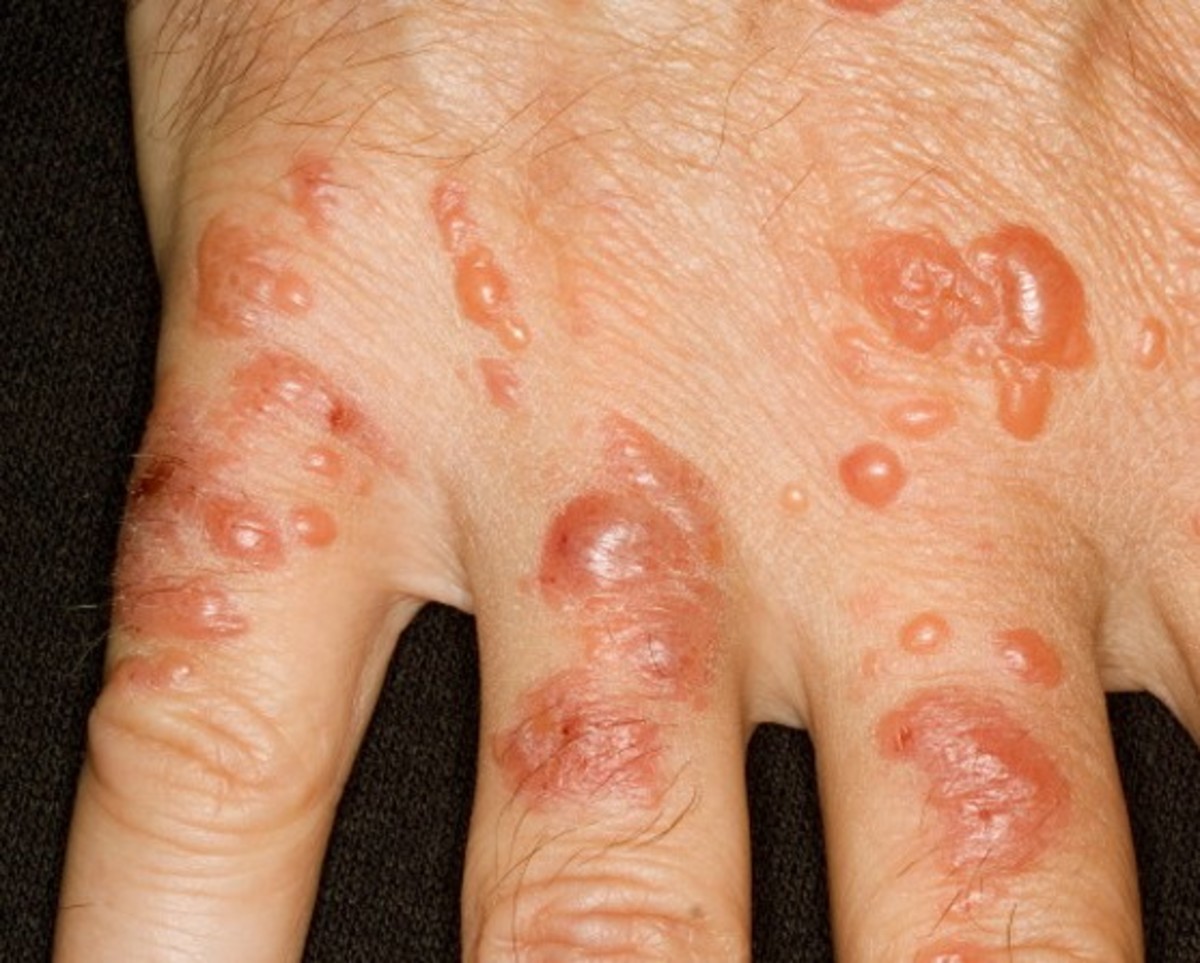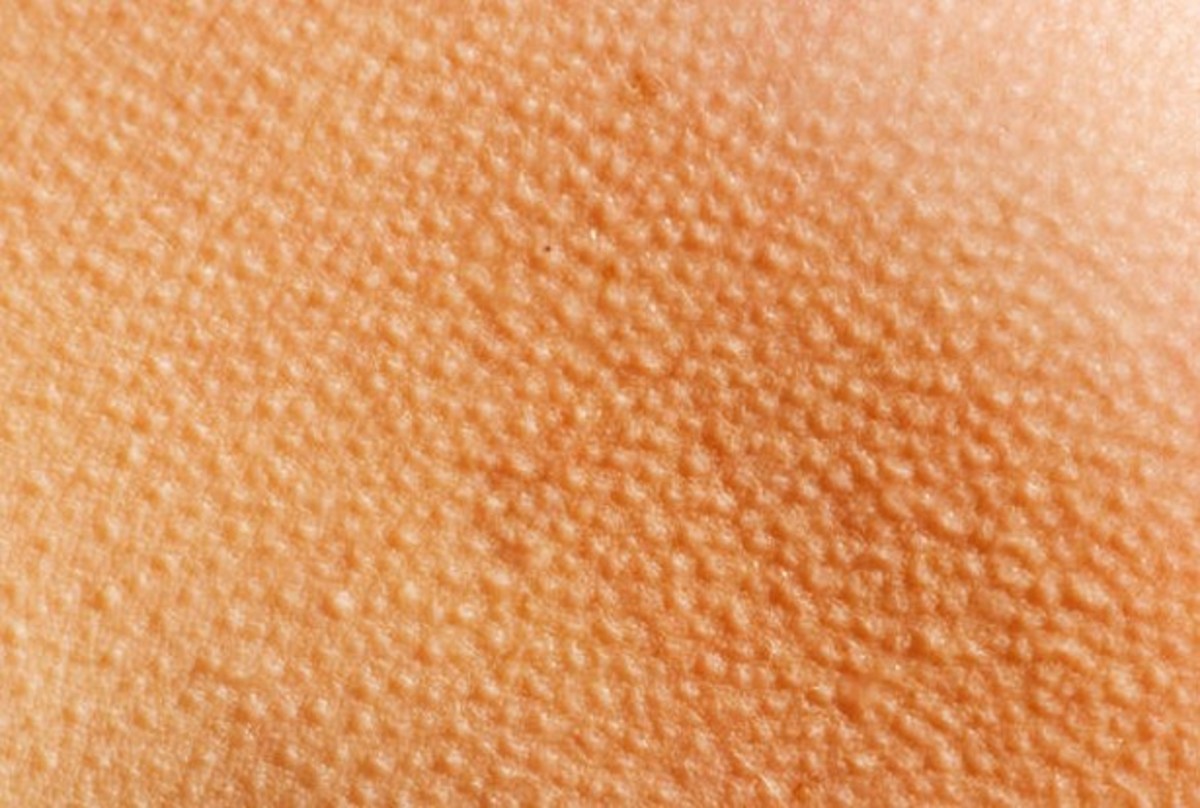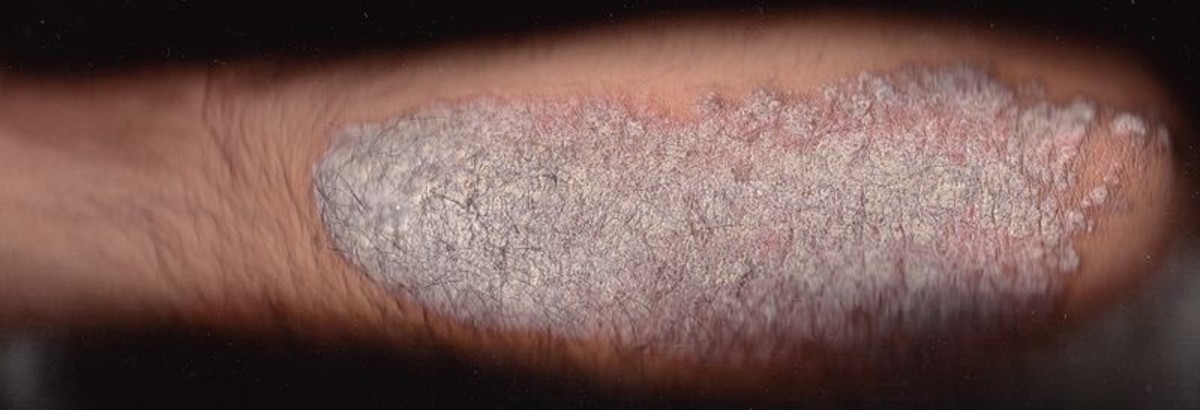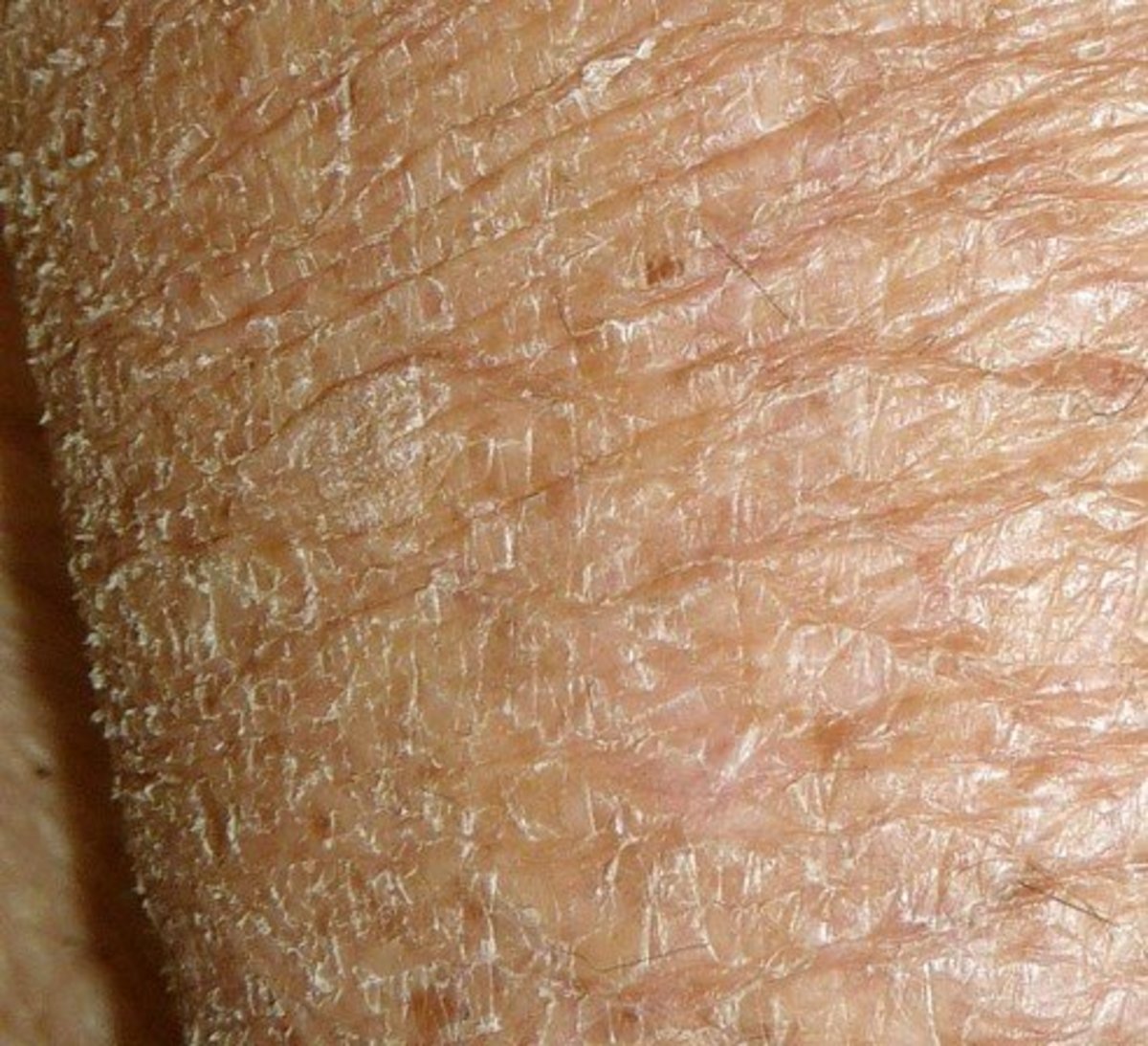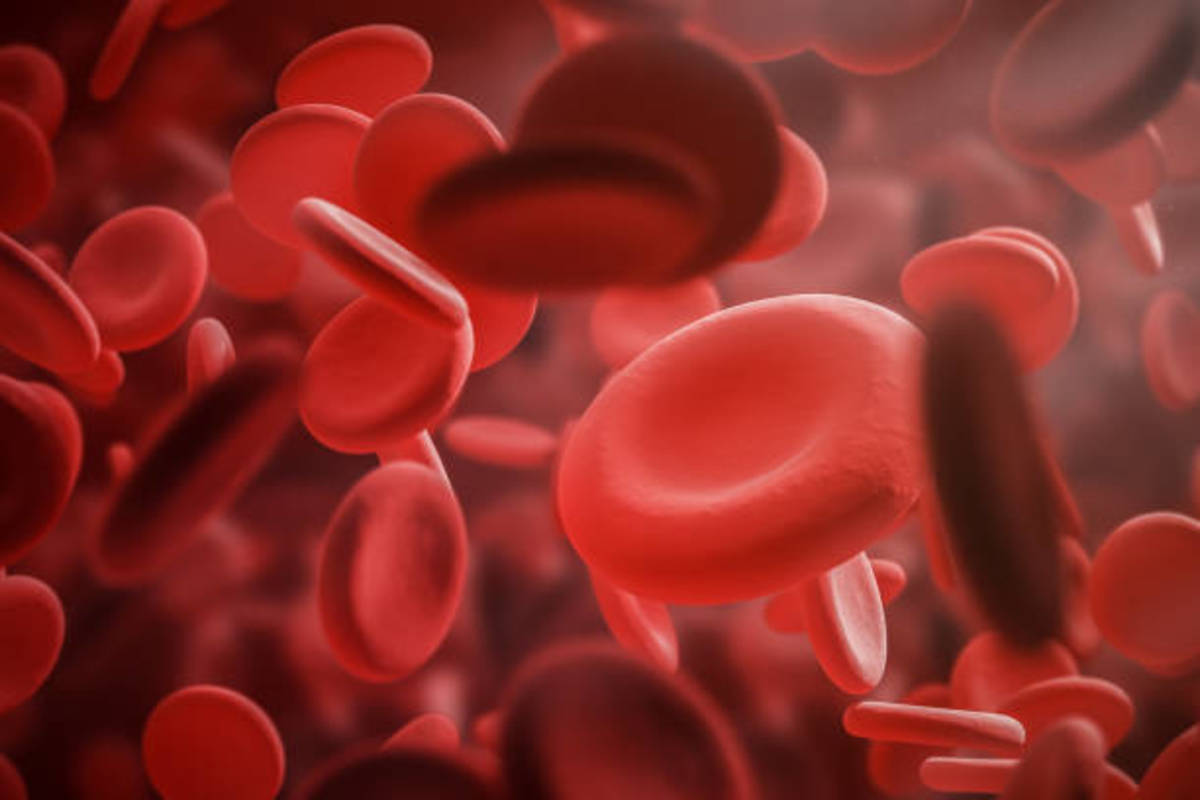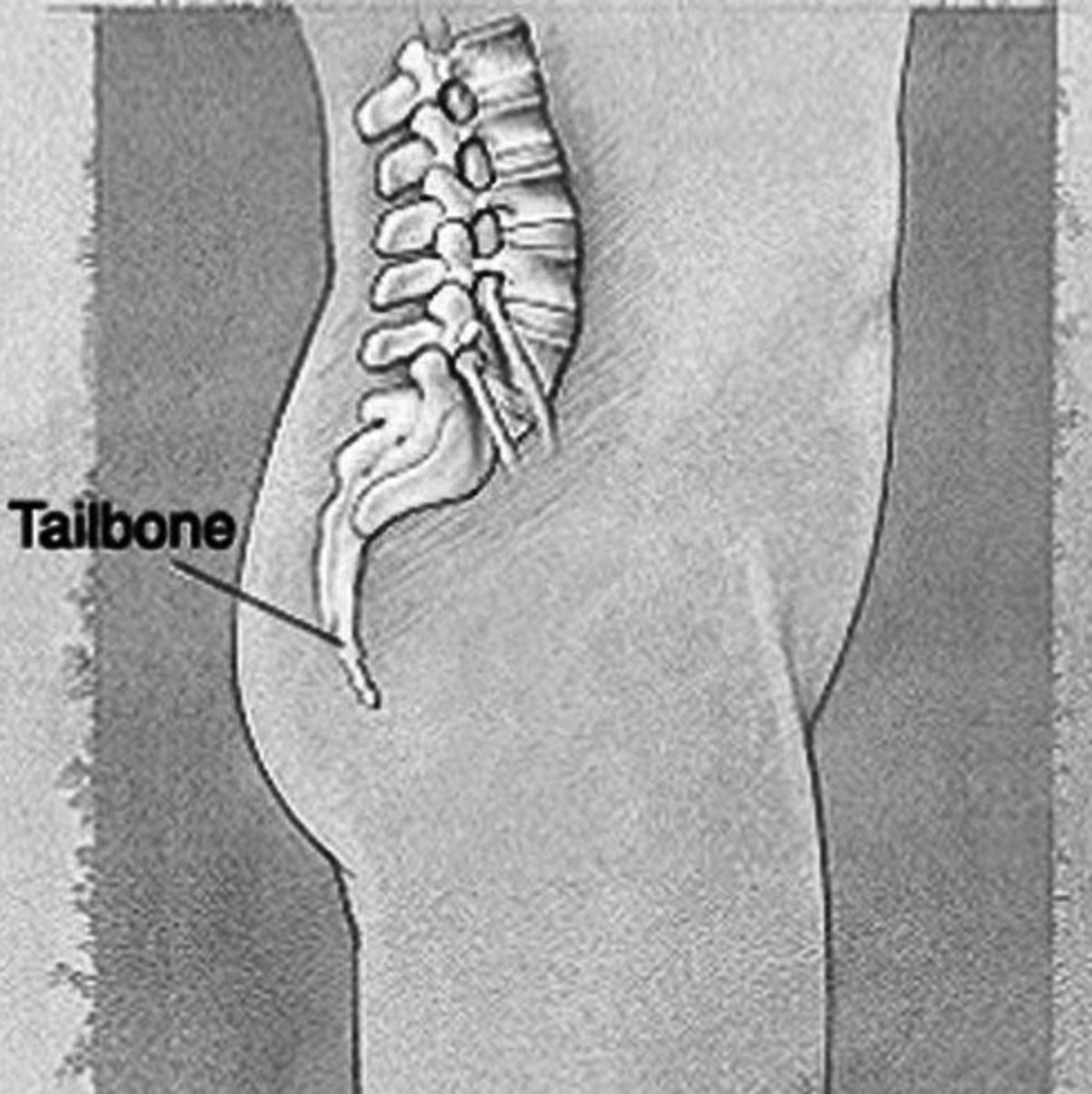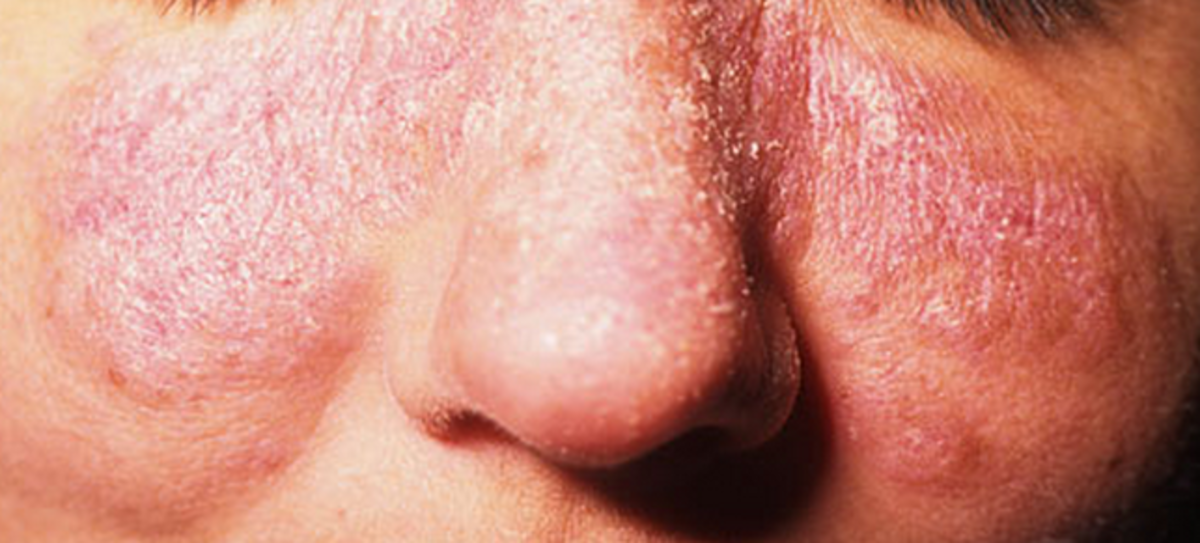Plaque Psoriasis - Pictures, Treatment, Symptoms and Causes
Plaque Psoriasis Pictures
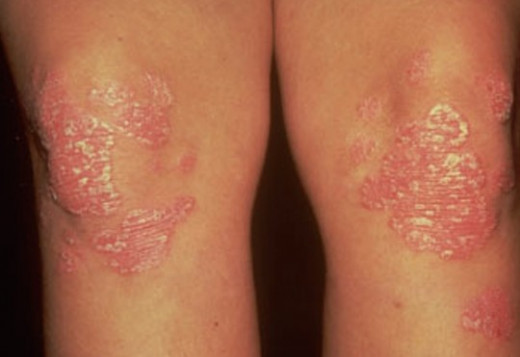
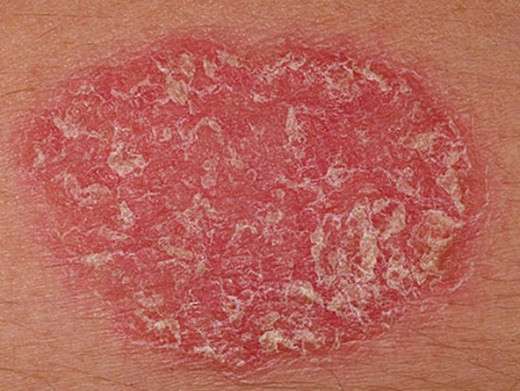
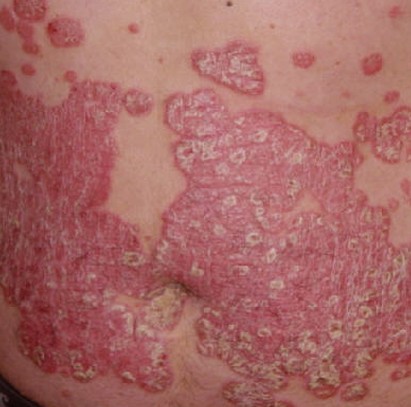
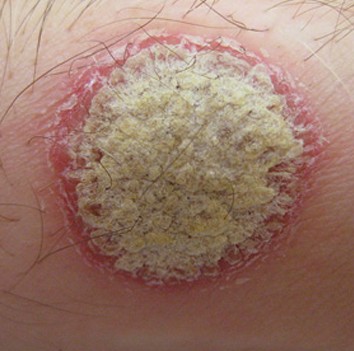
What is Plaque Psoriasis?
Psoriasis, in general, is a relapsing, chronic, inflammatory disorder of the skin. Plaque psoriasis is the most common type. Approximately ten to twenty percent of the patients who have plaque psoriasis have also experienced psoriatic arthritis. Plaque psoriasis affects the skin cells life cycle and also causes the cells to quickly build up on the surface of your skin to form scales that are thick and silvery along with red, dry patches on your skin. Approximately eighty percent of the people who have psoriasis have this type. In the United States there are approximately one point five million people who have plaque psoriasis ranging from moderate to severe cases. It is considered a disease of your immune system.
Symptoms
The symptoms of plaque psoriasis vary from person to person but the most general symptoms include:
- Raised red patches
- Silvery scales
- Can appear on any part of your body but most prevalent on your lower back, scalp, elbows, and knees.
- Small scaling spots that are most commonly found in children
- Skin that becomes dry and can crack and may bleed
- Nails that are ridged, pitted, or thickened
- Joints that can be stiff and swollen
At times the symptoms may get worse then get better.
Causes
It is not known exactly what causes plaque psoriasis but scientists and researchers feel that the cause is related to your immune system and how it interacts with the environment. The cause may also be genetic. This particular cell that could have a genetic defect is called a T lymphocyte or T cell. In a normal T cell it travels through your body to detect and fight off substances that are foreign to your body such as having a virus or bacterial infection. When a person has plaque psoriasis these T cells will attack your healthy skin cells by accident as if they are fighting off an infection or trying to heal a wound. This is why the cause is also thought to be an autoimmune disease.
When these overactive T cells attack your healthy skin cells it can cause a dilation of the blood vessels in your skin around the plaques causing an increase in your white blood cells. When this happens these extra blood cells can enter your outer layer of your skin and result in the increase production of more T cells along with the healthy skin cells. This is an ongoing cycle in which your new skin cells move to the upper layer of your skin too quickly. As a result these blood cells along with dead skin cannot be gotten off fast enough and instead build up into scaly thick patches on the top layer of your skin. This cycle will continue until you treat the areas causing the cycle to be interrupted.
In addition to this cell being defected genetically it could also be altered by the environment but the exact cause is not known.
Plaque psoriasis may also be caused by a trigger that causes it to worsen. Sometimes you may be able to identify this trigger and avoid it. Some of those triggers may include:
- An infection like thrush or strep throat
- Having an injury to your skin like a bug bite, severe sunburn, scrape, or cut
- Cold weather
- Being under stress
- Certain medications that are prescribed for hypertension, or bipolar disorders
- Smoking
- Having a family history of plaque psoriasis
- Being obese
Treatment
When a person treats their plaque psoriasis they want to interrupt the cycle that is causing the production of their skin cells to increase so they can reduce the formation of plaque psoriasis and the inflammation that accompanies it. They also want to use a treatment that will help to smooth their skin and remove the silvery scales. There are three categories of treatments for plaque psoriasis which are:
Topical treatments using ointments and creams that are applied directly on your skin. They can treat forms of plaque psoriasis effectively from mild to moderate cases. If the case is severe this treatment may be combined with light therapy and oral medications. This treatment can include using topical corticosteroids which is an anti-inflammatory medication most often prescribed, topical retinoids, calcineurin inhibitors, anthralin, vitamin D analogues to help slow down the growth of your skin cells, moisturizers to help reduce the scaling and itching and help with the dryness of your skin, and salicylic acid.
Light therapy, also called phototherapy, uses artificial or natural ultraviolet light. Some of the natural light they can use includes sunlight. They may also use UVB phototherapy, pulsed dye laser, excimer laser, or light therapy combination.
Medications that are taken orally or injected are used if your plaque psoriasis is resistant to the other forms of treatment or you have a severe case. Most of the medications will only be used for a brief period of time because of the severe side effects they can have.
The dermatologist will choose the right treatment based on how severe your plaque psoriasis is and the areas that are affected. They will usually start using the mildest form of treatment first which are the ultraviolet light therapy and topical creams. You want to make sure that you are using the most effective treatment with the least amount of side effects possible.

